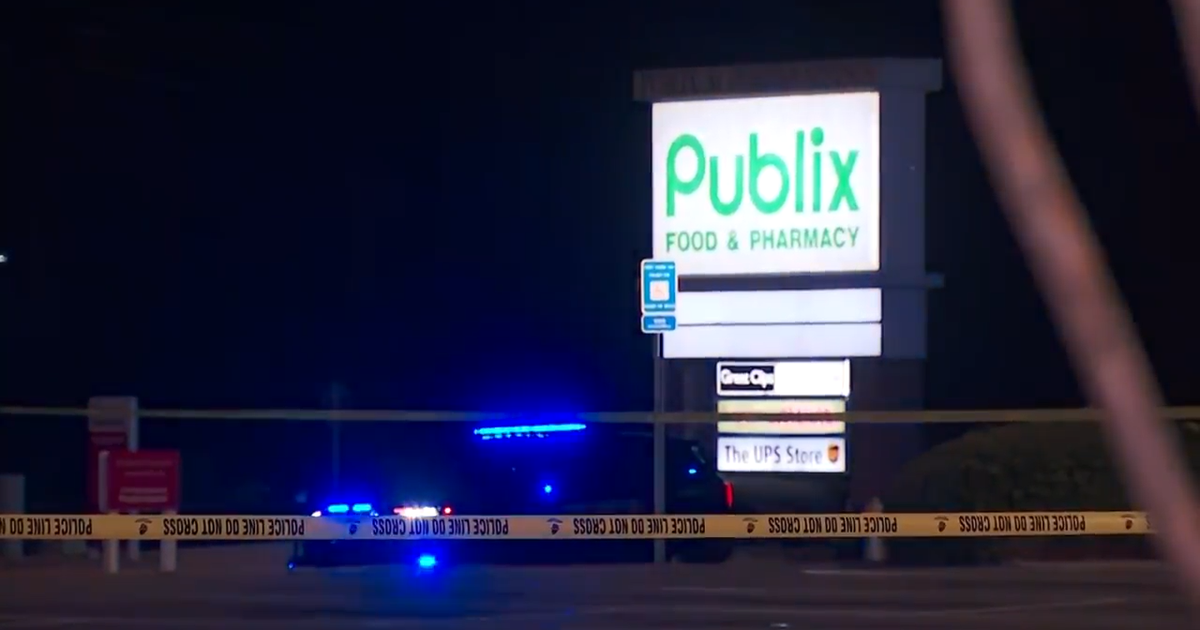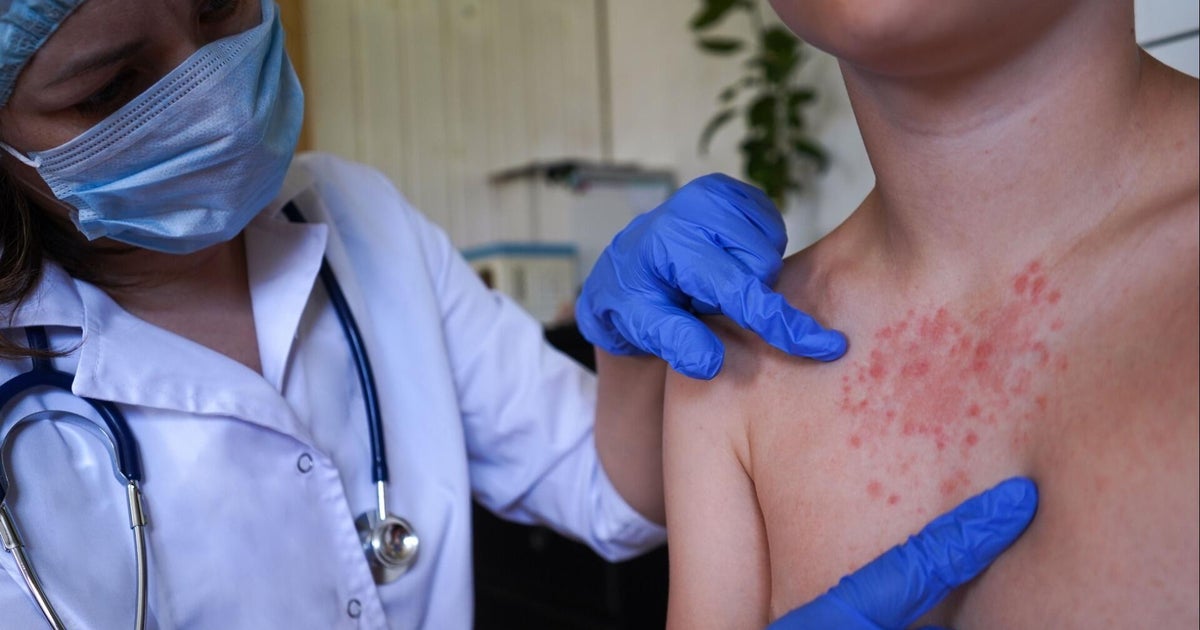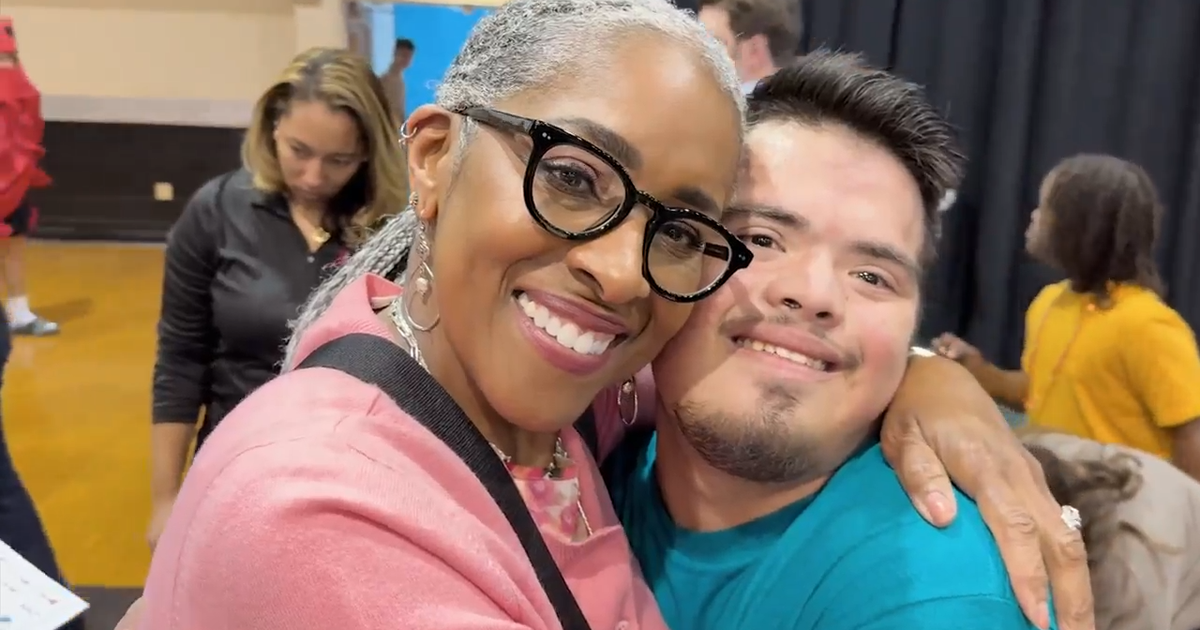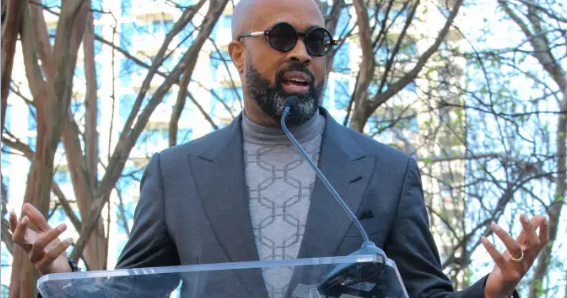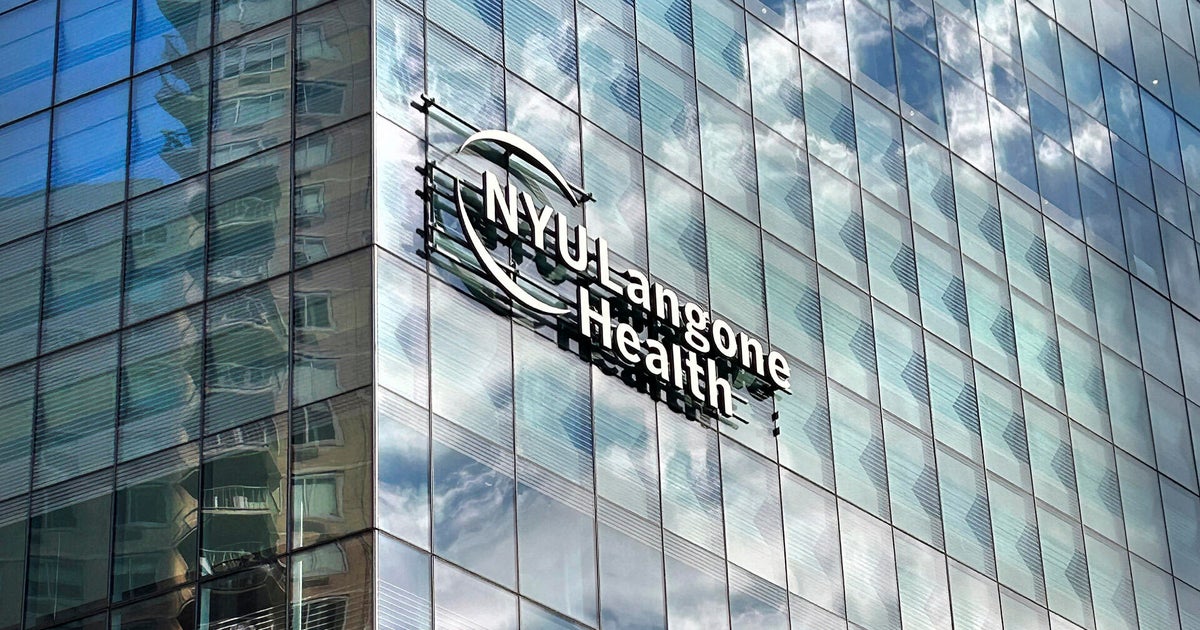Denver Public Schools Says It Has 'Drastically Increased' Mental Health Resources, Here's What's Next
DENVER (CBS4) - Managers in Colorado's largest school district tell CBS4 they've "drastically increased" the number of mental health supports for students across the district over recent years, and there's more to come. This, following student and staff struggles from a two-year pandemic, and the Denver Classroom Teachers Association saying mental health specialists in DPS are currently juggling overwhelming workloads.
"I think we could always use more mental health, I think the pandemic has increased the need for mental health for our youth, and I think our families and youth are advocating for that," said Ellen Kelty, Director of Mental Health and Student Safety in DPS. "All of our district-run schools have at least one full-time staff, many have two, three, four staff supporting our students' mental health needs."
Right now, DPS has more than 400 psychologists and social workers across its nearly 200 schools.
This year, the district added a pilot program increasing staff by 15 more psychologists and social workers to specifically provide more support for students not in special education programs.
"We found that sometimes we do not have enough support for kids who do not have a disability, so we're hoping to increase that," Kelty said.
Kelty says there are also 19 school-based health clinics in partnership with Denver Health, and 80 schools in DPS have a community mental health representative - like someone from Mental Health Corps Denver - that can provide therapy to students.
New this year: all students have access to six free virtual and in-person therapy sessions through a program called "I Matter," sponsored by the Colorado Office of Behavioral Health.
Leaders with I Matter say there is currently 300 open slots for the free telehealth therapy sessions for students. There is a waiting list to see someone in person. To sign up, click here.
"After those six free sessions, if there's a continued need, the provider who's assigned to that student would make a referral, and work with the family to either identify resources through their insurance, or Medicaid, or whatever options might be available," said DPS Mental Health Manager Meredith Fatseas. "There's a responsibility to connect them with an additional service provider."
Fatseas says all of these efforts are starting to make a difference for some students.
"We're seeing some really exciting data, so a decrease in the reports of depression index, as well as anxiety," Fatseas said.
But some students say they've had a hard time getting access to mental health resources at their school, and the Denver Classroom Teachers Association says school psychologists are currently overwhelmed with huge workloads, making it difficult to help students effectively.
"We have seen significant increases in both student and educators' mental health needs over the past couple of years. There is nothing more important to us than the health and well-being of our students and educators. We are glad that they can receive mental and physical health support in our schools," said Rob Gould, special education teacher and president of the Denver Classroom Teachers Association. "With the increase in health needs, educators and specialized service providers' workloads continue to increase making the job unsustainable. Currently, we are addressing educator workloads and other challenges in contract negotiations. We must ensure that all students' health needs are appropriately met and we must ensure that we have the time, people and resources to do so."
Fatseas says the district has been negotiating with the union and is evaluating possible staff increases for the 2023-2024 school year. She says the district has gathered information from all special service providers throughout the last year, which will help inform those hiring decisions.
"Really looking at what are those unique services that our mental health providers can provide to schools, and identifying potentially how we increase those services to schools, so really hoping to get information to school leaders about what's currently in place, what would meet the minimum requirement," Fatseas explained.
Fatseas also says the district is partnering with the Therapists of Color Collaborative to try to add more BIPOC therapists on the district's roster.
"Really figure out, how can we increase that partnership with schools with those folks and make sure our families of color do have access to providers who look like them, who understand the culture because we've heard loud and clear that that's a gap at some of our schools," Fatseas said.
Last month, CBS4 spoke with a student at Abraham Lincoln High School, who felt there wasn't sufficient support for students.
Abraham Lincoln Principal Antonio Esquibel says when he saw that story, he immediately reached out to the student and put her in touch with any help she may need.
"We had a really good conversation... our number one priority is to make sure students feel safe when they come to school every day," Esquibel said. "So, it just made me reflect a little bit to figure out what's she thinking about, what's making her feel unsafe."
He says the high school has five full-time mental health employees, which is more than most schools in DPS.
"Coming into the school year, we knew that our students were going to be challenged that they're going to come in with different issues, because of the pandemic, and it has played out that way; our students have struggled in different ways, academically, and socially, emotionally, and because of that, we decided to prioritize and beef up our support," Esquibel said. "I'm really happy to say here at Lincoln High School our ratio is anywhere between one to about 150 per student for social-emotional supports."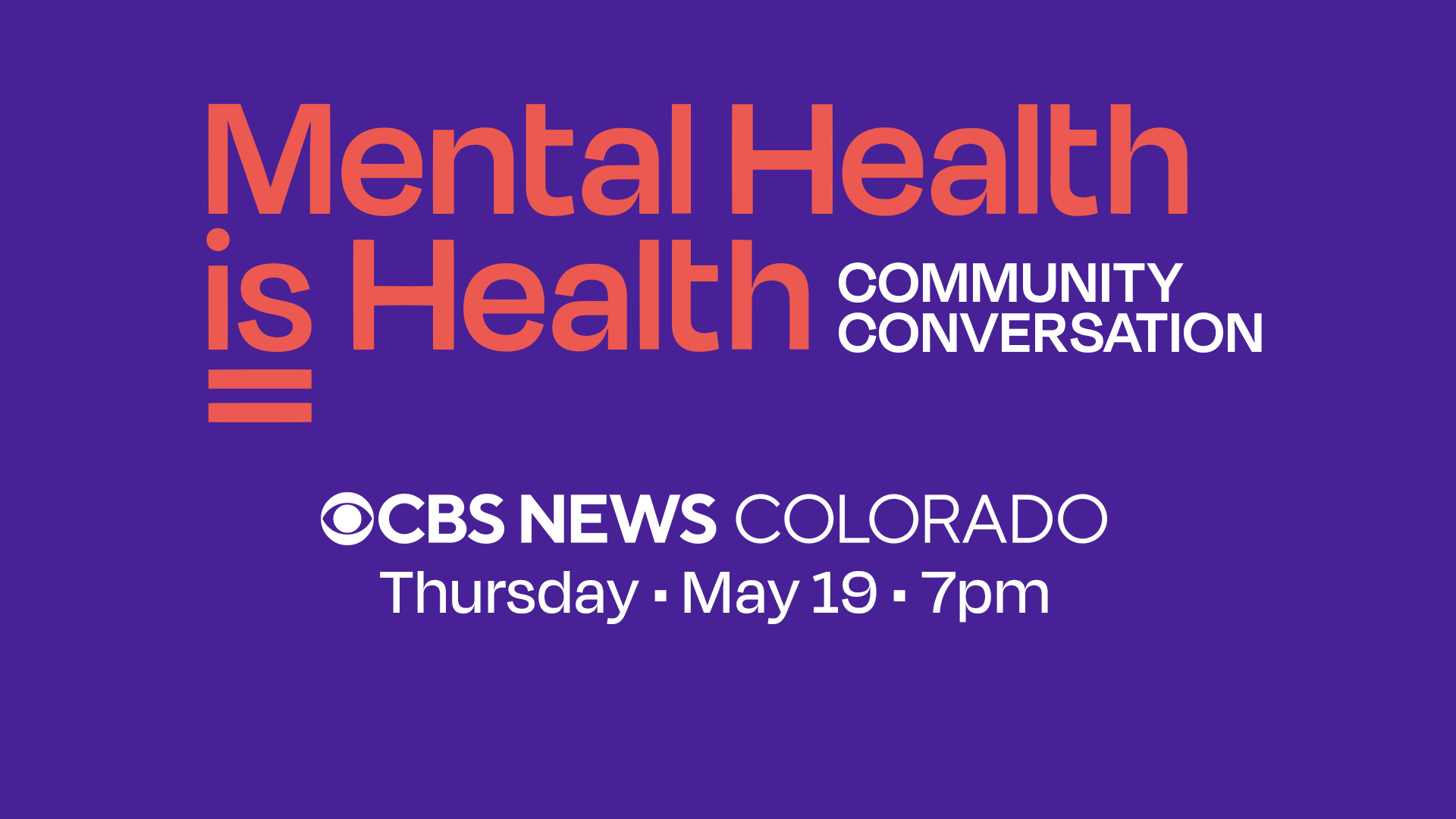
While he says he's proud to have that ratio at his school, he will continue evaluating more areas for improvement to ensure all students have the resources they need.
"I think just like any structure system, we need to fine-tune it, make sure that we're looking at the data to see if the things that we're saying we're doing is actually working and making an impact," Esquibel said. "How does that translate into academic improvement? How does that translate into attendance?"
This Thursday is Mental Health Action Day, and CBS News Colorado is streaming a Community Conversation on Mental Health. You can catch the special right after CBS4 News at 6 p.m. on May 19.
CBS News Colorado is partnering with MTV on "Mental Health is Health" seeking to improve mental health in our community by normalizing conversation about mental health, sharing resources, and highlighting groups taking action to help others thrive.



